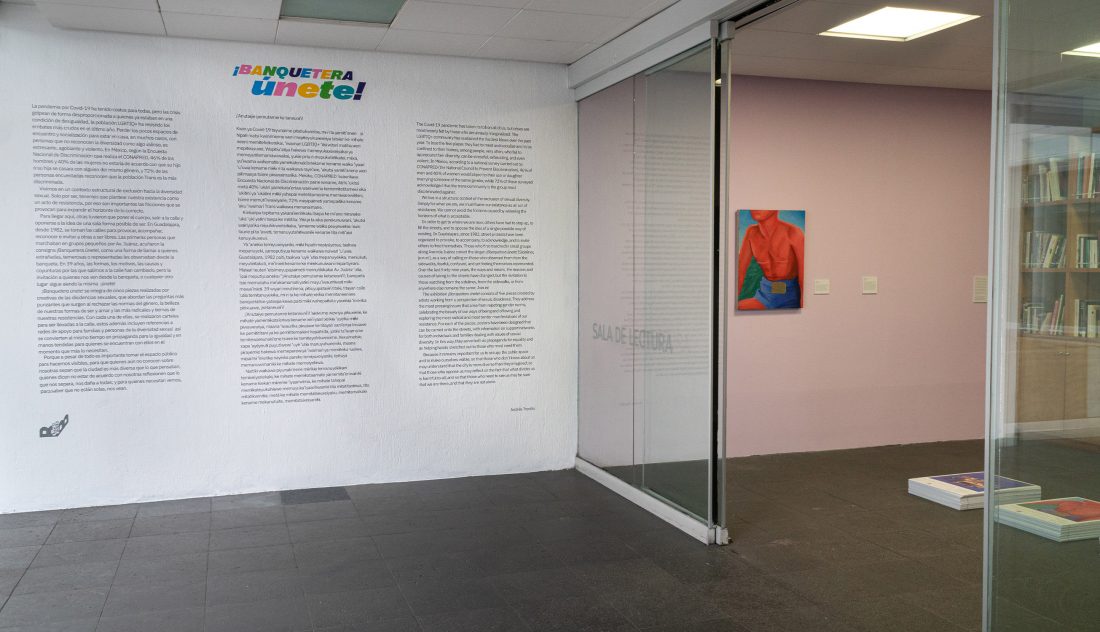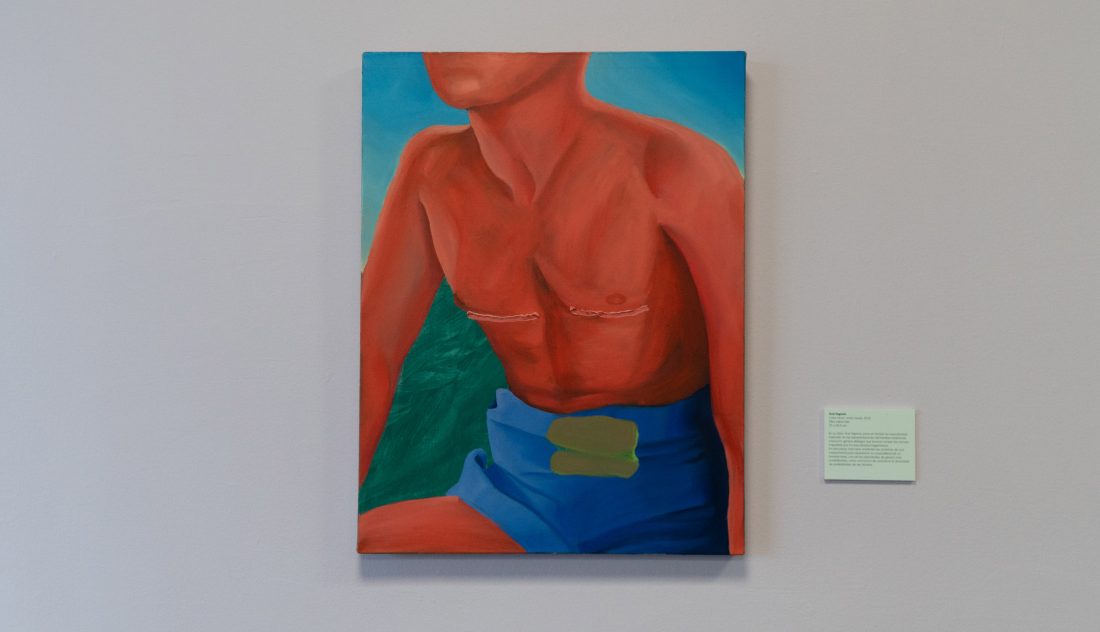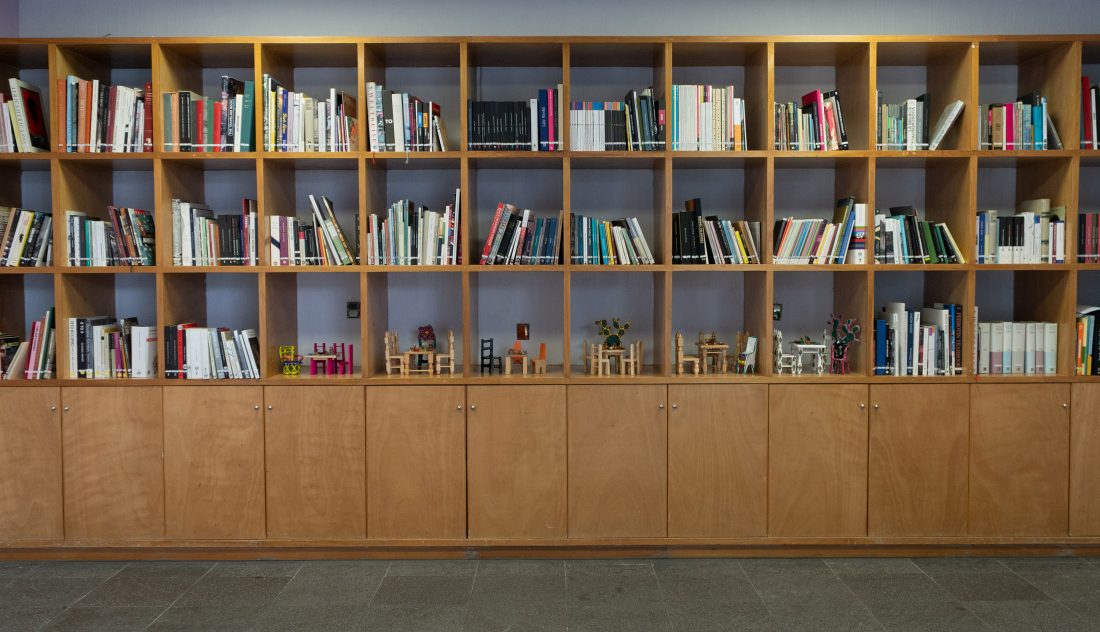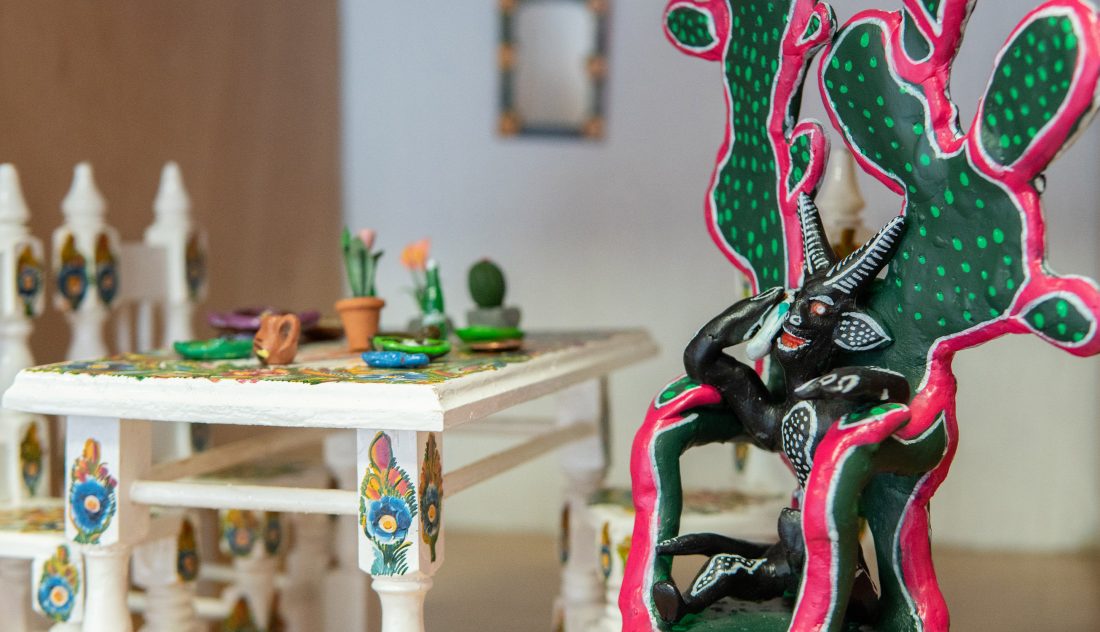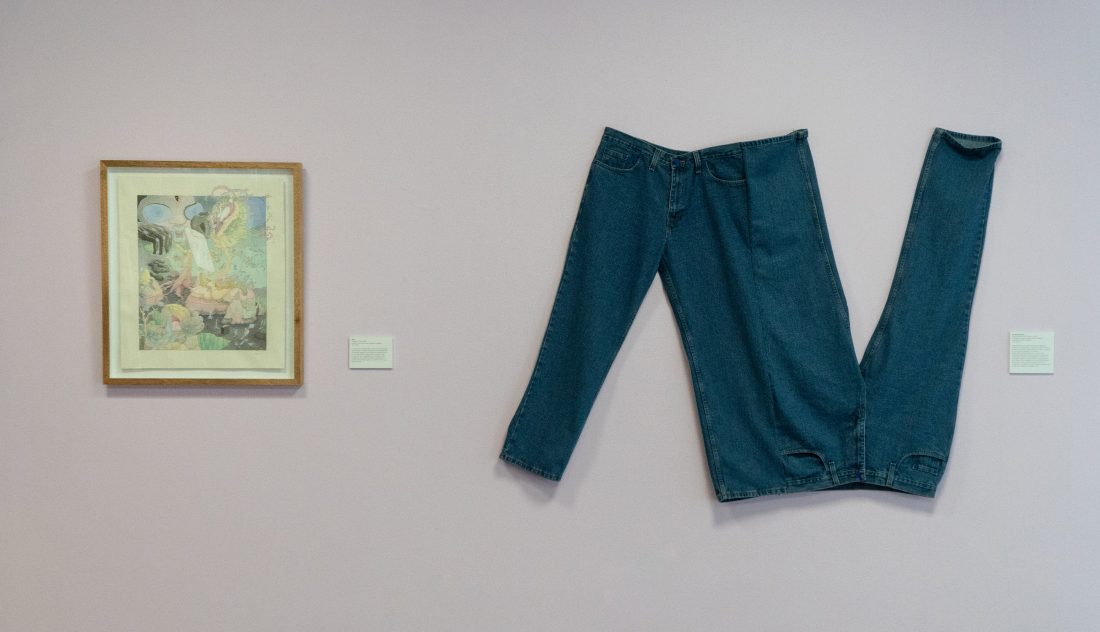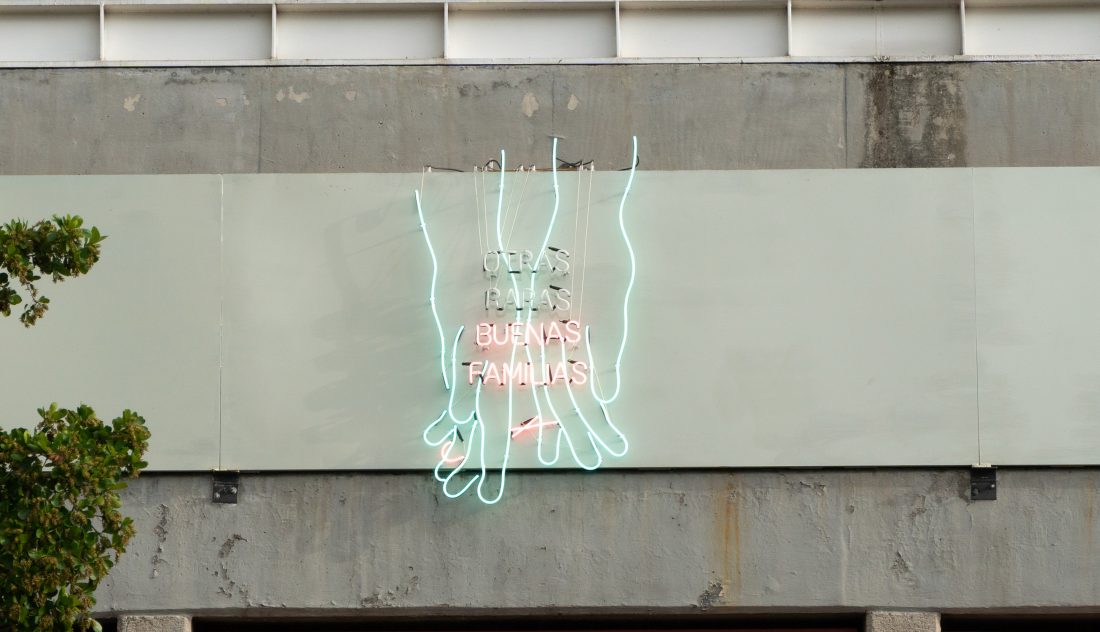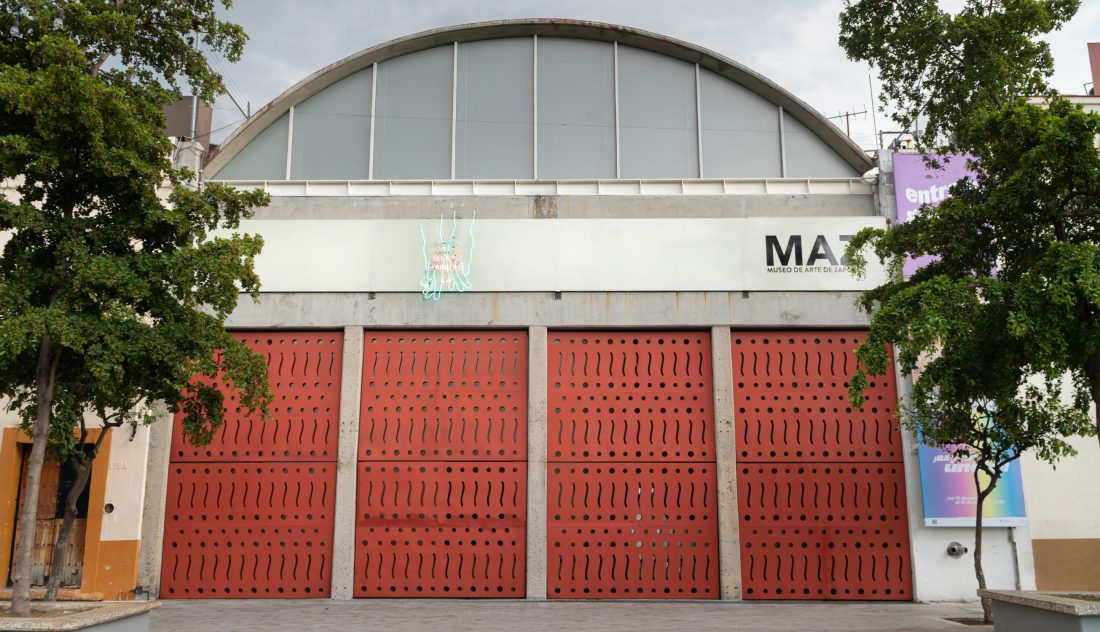Biombo: Sideliner, join in!
The Covid-19 pandemic has taken its toll on all of us, but crises are most keenly felt by those who are already marginalized. The LGBTIQ+ community has sustained the hardest blows over the past year. To lose the few places they had to meet and socialize and to be confined to their homes, among people, very often, who fail to appreciate their diversity, can be stressful, exhausting, and even violent. In Mexico, according to a national survey carried out by CONAPRED (the National Council to Prevent Discrimination), 46% of men and 40% of women would object to their son or daughter marrying someone of the same gender, while 72% of those surveyed acknowledged that the trans community is the group most discriminated against.
We live in a structural context of the exclusion of sexual diversity. Simply for what we are, we must frame our existence as an act of resistance. We cannot avoid the frictions caused by widening the horizons of what is acceptable.
In order to get to where we are now, others have had to step up, to fill the streets, and to oppose the idea of a single possible way of existing. In Guadalajara, since 1982, street protests have been organized to provoke, to accompany, to acknowledge, and to invite others to free themselves. Those who first marched in small groups along Avenida Juárez coined the slogan ¡Banquetera únete! [Sideliner, join in!], as a way of calling on those who observed them from the sidewalks, fearful, confused, and yet feeling themselves represented. Over the last thirty-nine years, the ways and means, the reasons and causes of taking to the streets have changed, but the invitation to those watching from the sidelines, from the sidewalks, or from anywhere else remains the same: Join in!
The exhibition ¡Banquetera únete! consists of five pieces created by artists working from a perspective of sexual dissidence. They address the most pressing issues that arise from rejecting gender norms, celebrating the beauty of our ways of being and of loving and exploring the most radical and most tender manifestations of our resistance. For each of the pieces, posters have been designed that can be carried onto the streets, with information on support networks for both individuals and families dealing with issues of sexual diversity. In this way, they serve both as propaganda for equality and as helping hands stretched out to those who most need them.
Because it remains important for us to occupy the public space and to make ourselves visible, so that those who don’t know about us may understand that the city is more diverse than they imagined; so that those who oppose us may reflect on the fact that what divides us is harmful to all; and so that those who need to see us may be sure that we are there, and that they are not alone.
Andrés Treviño


